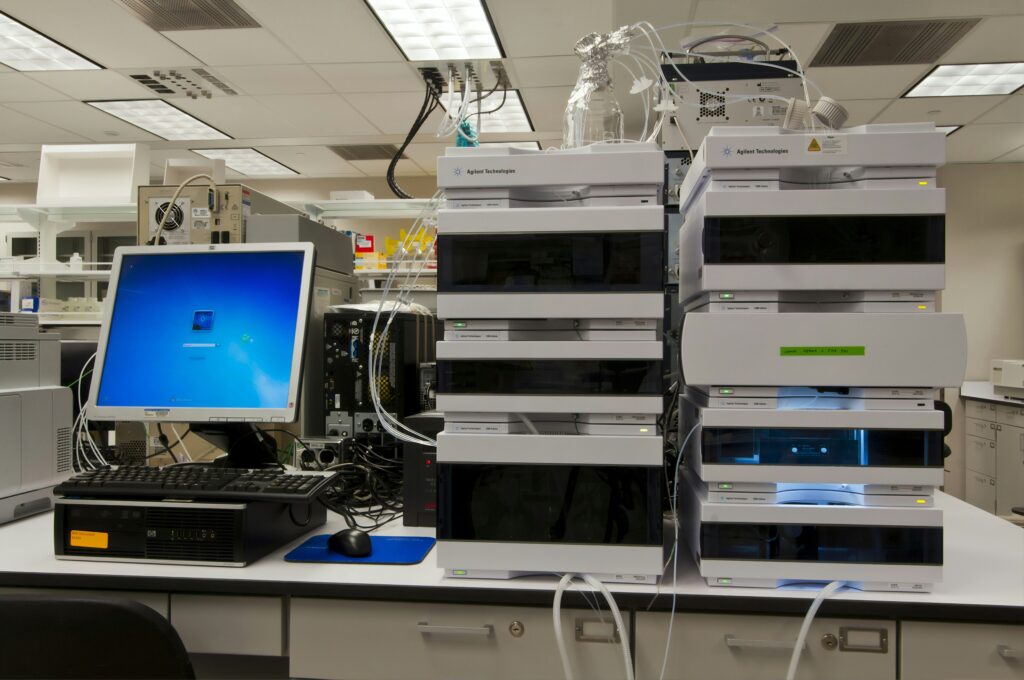
Washington, D.C.—A groundbreaking study has unveiled that commercial broccoli seeds can harbor a fungal seedborne pathogen, Alternaria brassicicola, which exhibits cross-resistance to two widely used fungicides. This discovery underscores the urgent need to incorporate fungicide resistance screening into seed health testing programs to enhance sustainable disease management. The findings were published in the journal Applied and Environmental Microbiology by the American Society for Microbiology.
“Our study highlights the importance of seed health testing for the presence of A. brassicicola in brassica seeds, particularly broccoli,” said Dr. Bhabesh Dutta, the study’s corresponding author and a professor and extension vegetable pathologist at the University of Georgia. “This will help to remove contaminated seedlots and potentially reduce dissemination of fungicide-resistant isolates locally as well as globally. Ideally, incorporating screening for the presence of the pathogen along with their fungicide profile would greatly improve the quality of seed health testing and promote high-quality seeds available for our growers.”
Understanding the Pathogen’s Impact
A. brassicicola poses a significant threat to broccoli crops, especially under warm and humid conditions, by affecting the quality and marketability of the produce. In recent years, growers have reported diminished efficacy of fungicides, raising concerns about the emergence of resistant fungal populations. The study’s focus on three commonly used SDHI (succinate dehydrogenase inhibitor) fungicides—boscalid, penthiopyrad, and fluopyram—sheds light on the pathogen’s resistance mechanisms.
The researchers conducted a comprehensive screening of commercial seeds from two popular broccoli cultivars to detect the presence of A. brassicicola. The pathogen isolates were tested against the SDHI fungicides under controlled laboratory conditions. Initial lab-based assays evaluated the isolates’ sensitivity to varying doses of the fungicides, followed by molecular analysis to identify mutations in SDHI genes linked to resistance.
Key Findings and Implications
The study revealed that seeds could act as carriers of A. brassicicola with resistance to boscalid and penthiopyrad, suggesting the potential introduction of fungicide resistance through seeds. Some seed isolates also showed resistance to azoxystrobin, a fungicide with a different mode of action. This marks the first report of multiple fungicide resistance in A. brassicicola from naturally infested seeds.
“These findings demonstrate that seeds can serve as a source for the potential introduction of resistant fungal populations in areas where these fungicides have never been used, resulting in reduced options for growers,” Dutta stated.
The researchers discovered that 93% of the pathogen population exhibiting phenotypic resistance also had point mutations conferring resistance to boscalid and penthiopyrad. This strong correlation between lab results and genetic markers indicates that resistance could be widespread and stable within the population.
Developing Tools for Early Detection
In response to these findings, the researchers developed a PCR-based allele-specific assay for rapid detection and monitoring of fungicide resistance. “This tool can help regulatory agencies and seed industries to detect SDHI-resistance in seedborne A. brassicicola and make informed decisions early,” Dutta explained.
The study was led by Dutta’s lab group, including post-doctoral associates Dr. Navjot Kaur and Dr. Anoop Malik. It was part of a multistate U.S. Department of Agriculture and National Institute of Food and Agriculture project on Alternaria leaf blight and head rot in broccoli, funded through the Specialty Crops Research Initiative Program (USDA NIFA SCRI; 2020-51181-32062).
Looking Ahead
The implications of this study are far-reaching, highlighting the need for enhanced seed health testing protocols to prevent the spread of resistant pathogens. As the agricultural industry grapples with the challenges of fungicide resistance, such research provides crucial insights into developing sustainable management strategies. By prioritizing seed health testing and incorporating advanced detection tools, stakeholders can mitigate the risks associated with resistant fungal populations and safeguard crop yields.
As regulatory bodies and seed producers consider the study’s recommendations, the agricultural community remains hopeful for improved practices that ensure the availability of high-quality seeds and bolster disease management efforts globally.




